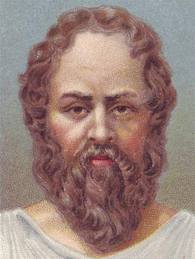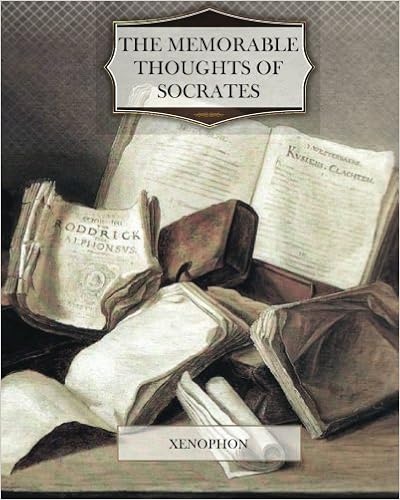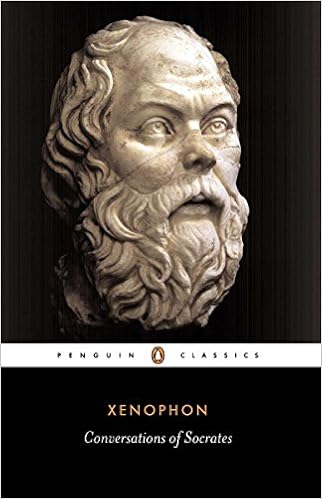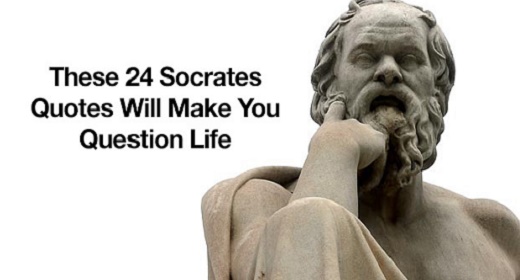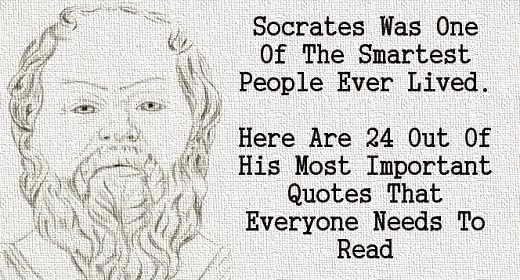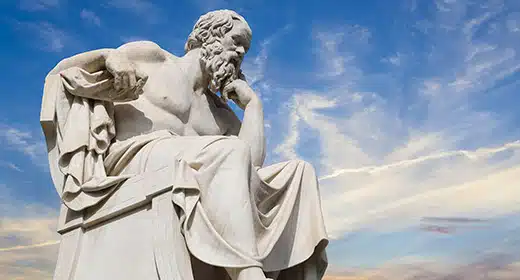Socrates (469 BC – 399 BC) was a classical Greek, Athenian philosopher and logician who had an important influence on Plato and a major effect on ancient philosophy. He was an enigmatic figure known chiefly through the accounts of later classical writers, especially the writings of his students Plato and Xenophon, and the plays of his contemporary Aristophanes. Socrates himself wrote nothing, therefore evidence of his life and activities must come from the writings of Plato and Xenophon. Many would claim that Plato’s dialogues are the most comprehensive accounts of Socrates to survive from antiquity.
Through his portrayal in Plato’s dialogues, Socrates has become renowned for his contribution to the field of ethics, and it is this Platonic Socrates who also lends his name to the concepts of Socratic irony and the Socratic method, or elenchus. It is Plato’s Socrates that also made important and lasting contributions to the fields of epistemology and logic, and the influence of his ideas and approach remains strong in providing a foundation for much western philosophy that followed.
Socrates was famous for his method of debate and his works often made as many enemies as admirers within Athens. His method of argumentation began with commonplace questions which lead the opponent to believe that the questioner is simple, but ends in a complete reversal. Thus his chief contributions lie not in the construction of an elaborate system but in clearing away the false common beliefs and in leading men to an awareness of their own ignorance, from which position they may begin to discover the truth. It was his unique combination of dialectical skill and magnetic attractiveness to the youth of Athens which gave his opponents their opportunity to bring him to trial in 399 B.C.E.

